Artificial intelligence (AI) is rapidly becoming a valuable tool in healthcare due to the increasing complexity and abundance of data. Many healthcare providers, insurers, and life sciences companies are already harnessing AI. Key applications of AI include aiding diagnosis and treatment decisions, enhancing patient engagement, and streamlining administrative tasks. Despite AI’s potential to perform certain healthcare tasks as competently as or better than humans, substantial challenges delay the full automation of healthcare roles. These challenges also raise ethical considerations regarding AI’s application in healthcare.
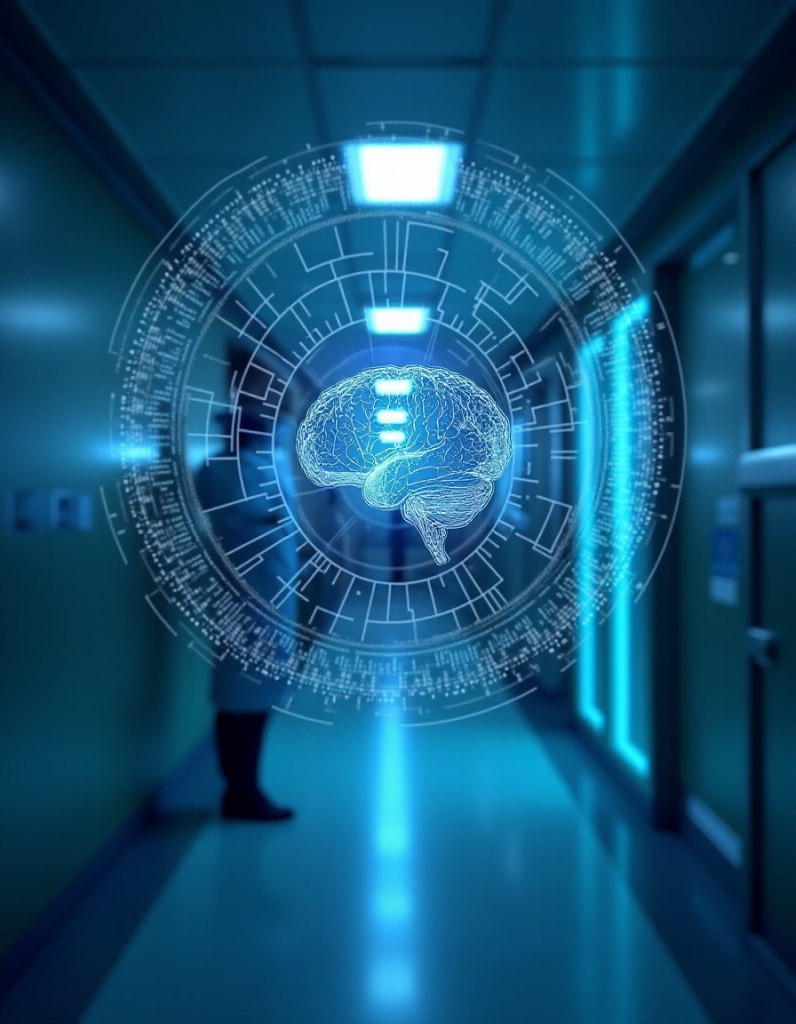
Introduction to AI in Healthcare
AI, along with related technologies, is gaining traction in both business and society and is making its way into healthcare. These advancements have the potential to revolutionize patient care and improve administrative functions within healthcare organizations. Research suggests that AI can perform tasks such as disease diagnosis on par with or even better than humans. For instance, AI algorithms are showing promise in detecting cancerous tumors more accurately than radiologists. However, we anticipate that AI will not broadly replace human roles in medicine for some time due to various factors.
Types of AI Technologies Used in Healthcare
AI encompasses diverse technologies, each with specific healthcare applications. Key technologies include:
- Machine Learning
Machine learning (ML) is crucial in healthcare for modeling data and predicting outcomes. Precision medicine, which forecasts treatment success based on patient data, is a common application. More advanced ML types like neural networks and deep learning are being used in tasks such as identifying cancerous lesions in medical images.
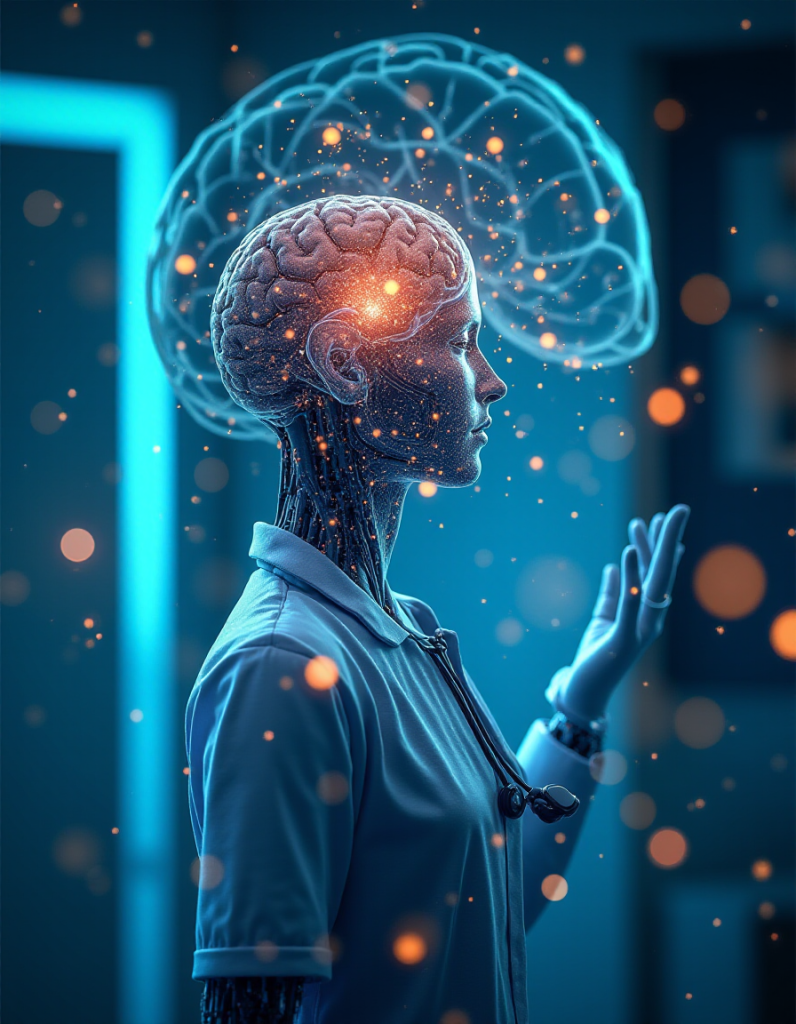
- Natural Language Processing (NLP)
NLP helps computers understand human language and is used in applications like speech recognition and text analysis. In healthcare, it primarily aids in processing clinical notes and transcribing patient interactions.
- Rule-Based Expert Systems
These systems utilize a set of “if-then” rules to assist in clinical decision-making. While effective to a point, their complexity can lead to breakdowns when rules conflict or require updating.
- Physical Robots
Robots are commonly used in tasks ranging from surgery to hospital logistics. Surgical robots enhance surgeons’ precision but still rely on human decision-making for critical operations.
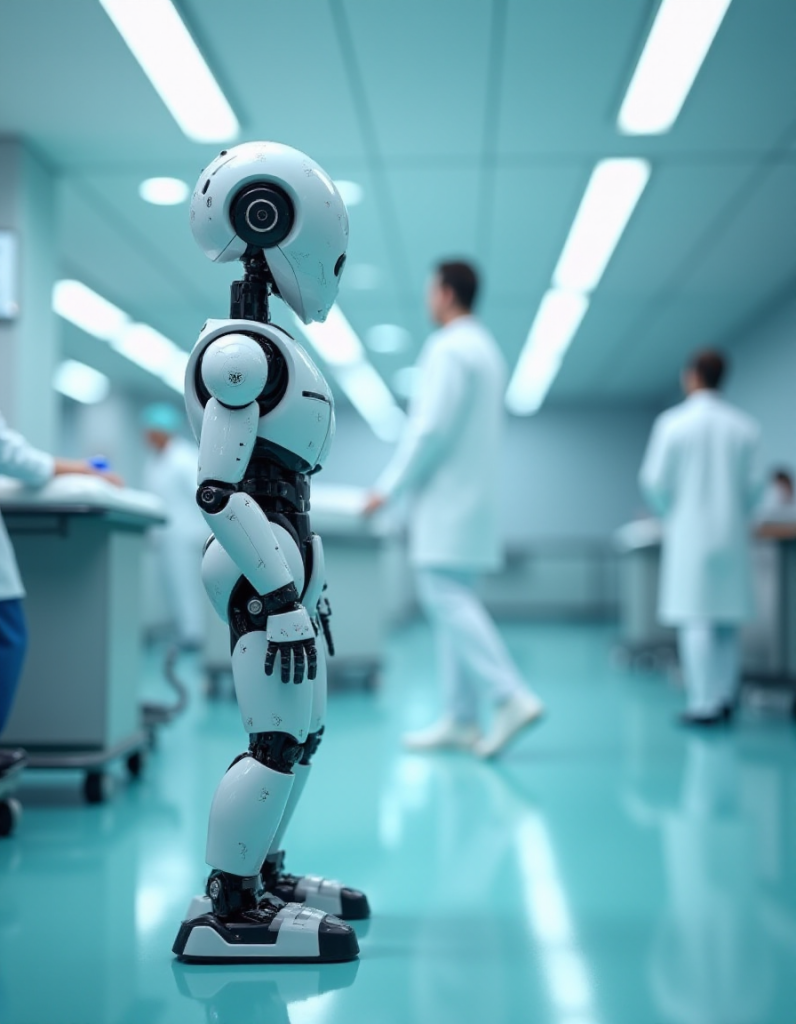
- Robotic Process Automation (RPA)
RPA automates routine digital tasks in healthcare administration, increasing efficiency without requiring complex programming.
- Enhancing Diagnosis and Treatment
AI’s role in diagnosing and treating diseases has been explored since the 1970s. Modern systems, such as IBM’s Watson, focus on precision medicine, although they struggle with complex integration into clinical workflows. AI’s potential for diagnosing diseases using big data and radiological analysis continues to grow, with tech firms leading innovative ways to harness this power.
- Boosting Patient Engagement and Adherence
AI can personalize patient care plans and improve health outcomes through engaging patients directly. Machine learning can tailor interventions based on real-world data, nudging patients toward healthier behaviors and ensuring they adhere to treatment plans.

- Streamlining Administrative Tasks
AI offers significant efficiencies for healthcare administration. Technologies like RPA manage tasks like claims processing and revenue management. AI-driven chatbots may eventually handle basic patient interactions, though issues around confidentiality and usability remain.
Implications for the Healthcare Workforce
While there’s growing concern about AI replacing jobs, the healthcare sector hasn’t seen significant job losses yet, primarily due to the challenges associated with integrating AI effectively. Several factors contribute to this trend, emphasizing the nuanced role AI currently plays in healthcare.
One of the primary reasons is the inherent complexity of medical roles. Healthcare professionals engage in a wide range of activities that require not only technical knowledge but also emotional intelligence, critical decision-making, and interpersonal skills—qualities that AI cannot easily replicate. For instance, tasks such as diagnosing patients, developing treatment plans, and providing compassionate care involve layers of engagement that go beyond what AI systems can offer at present.
Furthermore, the adoption of AI in clinical settings has been relatively slow due to several barriers. Regulatory and ethical considerations play a significant role, as any technology introduced into healthcare must pass stringent safety and ethical standards. This cautious approach ensures patient safety but also delays the widespread implementation of AI technologies.

Additionally, the integration of AI into existing healthcare systems poses technical challenges. Many healthcare institutions rely on various legacy systems, and achieving interoperability with new AI tools can be a complicated process. This technical complexity adds another layer of difficulty in seamlessly incorporating AI into everyday medical practices.
Given these factors, AI is more likely to augment rather than replace human efforts in the healthcare sector. By assisting with data analysis, automating routine administrative tasks, and providing predictive insights, AI can enhance the efficiency and effectiveness of healthcare delivery. This supportive role allows healthcare professionals to focus more on patient-centered care and complex decision-making, potentially improving overall patient outcomes.
Ethical Considerations
The integration of AI into healthcare brings with it several ethical challenges that need to be addressed to ensure responsible and equitable implementation. Among these challenges are concerns related to transparency and accountability in decision-making processes. The complexity inherent in AI algorithms often makes it difficult to explain how specific outcomes or recommendations are generated. This opaqueness can pose significant risks to patient trust, as patients may become wary of treatment plans or diagnoses derived from systems they do not fully understand.
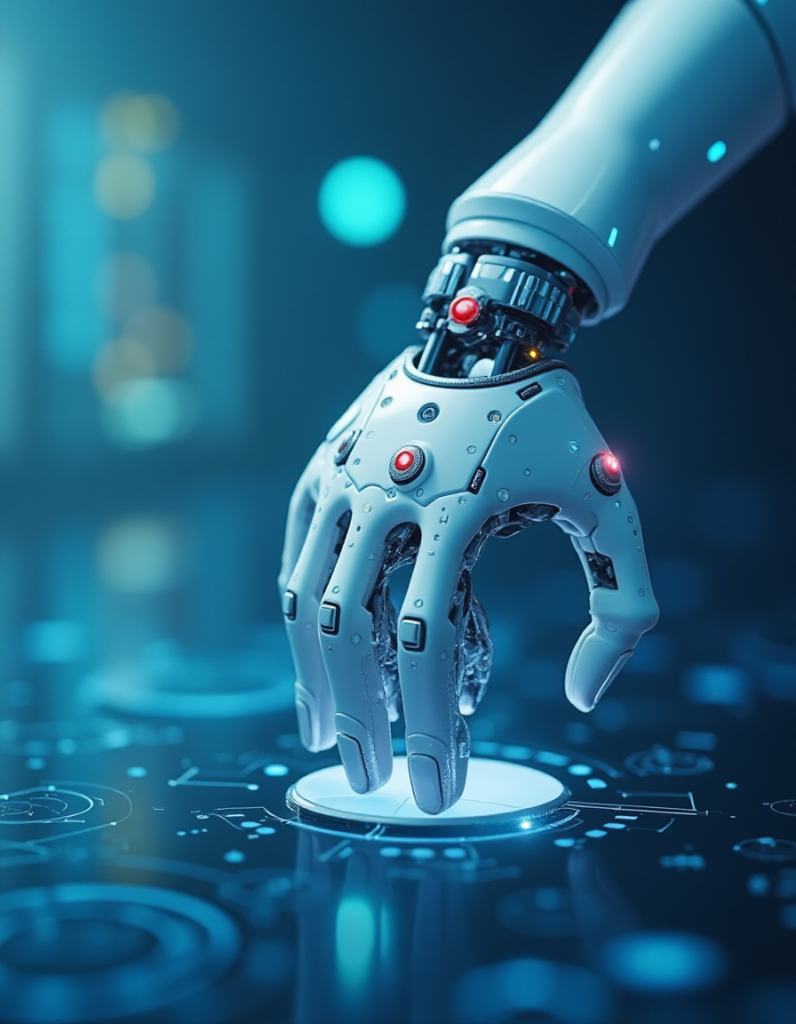
Moreover, the use of AI in healthcare raises important questions about accountability. When decisions are made or influenced by AI, it becomes challenging to determine who is responsible for those decisions—whether it’s the developers of the AI technology, the healthcare providers using the system, or the institutions implementing it. Establishing clear lines of accountability is crucial to maintain ethical standards and patient safety.
Another major ethical consideration is the potential for bias in AI algorithms. Algorithms are only as good as the data they are trained on, and if the training data is unrepresentative or biased, the outcomes can perpetuate existing disparities or introduce new ones. This risk necessitates ongoing scrutiny and management to ensure that AI systems provide fair and unbiased results. Developers and healthcare institutions must work to identify and mitigate biases, ensuring that AI tools are tested across diverse populations and adjusted to eliminate any unfair treatment.

In conclusion, while AI holds immense potential to improve healthcare outcomes, its introduction must be managed with a keen awareness of ethical implications. Transparency, accountability, and bias management are cornerstone issues that require dedicated attention to build and maintain trust with patients. By addressing these concerns proactively, the healthcare sector can ensure that AI technologies are implemented in a manner that respects patient rights and promotes equitable care.
The Future of AI in Healthcare
AI holds promise for the future of healthcare, particularly in enhancing precision medicine and diagnostic accuracy. Its full potential depends on integration with existing systems, regulatory approval, and clinician training. While AI may not replace human clinicians, it is expected to augment their capabilities, allowing them to focus on tasks requiring human skills like empathy and communication. As such, healthcare professionals must adapt to work alongside AI to deliver improved patient care.
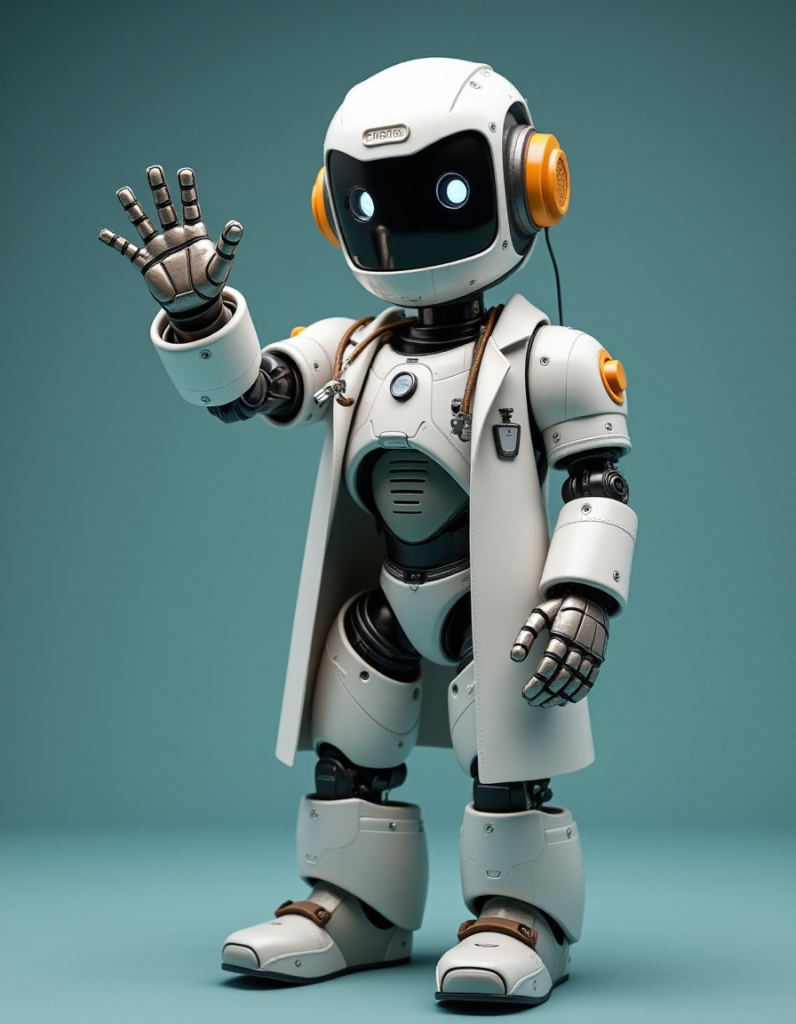

Yavor
Images were done with our Tangram Holo app, try it for free at https://app.tangramholo.com/
code of destiny
I’m really inspired together with your writing abilities as well as with the format for your blog. Is that this a paid subject or did you modify it your self? Anyway stay up the nice high quality writing, it’s uncommon to look a nice blog like this one nowadays!